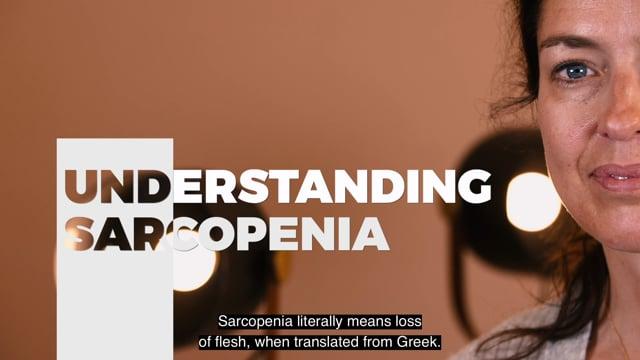
How to carry out an objective assessment of the risk of falls?
05 May 2021
Several rating scales exist to assess the risk of falling for a patient. These analytical frameworks are invaluable tools for the nursing staff.

05 May 2021
Several rating scales exist to assess the risk of falling for a patient. These analytical frameworks are invaluable tools for the nursing staff.
The very first step in providing care is to assess the patient. Each person has his or her own story and way of reacting to the caregiver’s suggestions.
This is where the rating scales can be useful. They make it possible to optimize interventions. By assessing the patient accurately, we can precisely target the patient’s needs and increase his or her commitment to the prescribed treatment. Evaluating also helps to guide policy.
Regular assessment of the risk of falls allows:
For caregivers, understanding the patient and understanding the risk of falling is therefore a necessity. This allows actions and the environment to be adapted to make it as secure as possible.
Another valuable source of information to assess the risk of falls is the clinical advice of caregivers.
The Belgian College of Geriatrics is moving in this direction.
It defines a patient at increased risk of falling:
The caregiver’s empathy and genuine concern are invaluable!
Read, explore, go back and forth between theory and practice. This is also the art of caregivers, putting into action the written results of studies in light of clinical experiences.
The ISA fall detector goes one step further. It provides another look, and images to back it up. Reviewing the fall provides the nursing staff with objective data
During the Comprehensive Geriatric Assessment (CGA), the parameters taken into account are:
Traditionally, it is the Tinetti scale that is used, since it is a condition for part of the funding of institutions.
However, this scale only measures walking and balance disorders, but does not address falls directly.
The Morse scale, for example, allows a specific assessment of the risk of falling. It can be quickly used by the nursing staff. Its sensitivity is 72 to 83% and its specificity 29 to 83%.
Six items are rated on this scale:
The analysis of ISA videos makes it easy to highlight changes in the Morse scale score.
For example, the mere fact of seeing a patient, who has already fallen during hospitalization, holding onto furniture while moving, defines a high risk of falling
There are several scales for assessing the risk of falling. Putting them in place takes some effort, but also offers a new perspective on patients.
As caregivers, changing perspective allows us to shake up our habits a bit and pushes us to look at our patients a little outside the usual framework (which can turn into a straitjacket effectively removing us from what our patients really face).
The reality of what the patient is going through is always a little out of step with the assumptions of the caregiver.

Looking for an easy way to install a reliable fall detection solution in your facility? Look no further than Mintt. We have streamlined the installation process to make it hassle-free and efficient.

Falls are a major public health problem, particularly among older people. According to the World Health Organisation (WHO), approximately 28-35% of people over 65 suffer at least one fall yearly.

In this episode of Mintt Academy, Sandra De Breucker, Head of Geriatrics of the Erasmus Hospital tells you more about how to better understand sarcopenia.
This website uses cookies
We use cookies to provide you with a better visitor experience. Our website tracks three levels of cookies, you can go to cookie settings to manage your preferences at any time. You can read more about what cookies are and which cookies we collect in our privacy policy.
Cookie settings
We use cookies to provide you with a better visitor experience. Our website tracks three levels of cookies. You can adjust your preferences at any time. You can read more about what cookies are and which cookies we collect in our privacy policy.
Adjust your preferences
Functional cookies are necessary cookies that ensure that the website functions properly and that your preferences (e.g. language, region) are stored properly.
The cookies we use are: essential cookies, craft cms and vimeo
Analytical cookies allow us to analyze the use of the website and to improve the visitor experience.
The cookies we use are: Google Analytics, LEADforensics and leadinfo
Marketing cookies aim to personalize your experience and send you relevant content and offers on this and other websites.
The cookies we use are: Linkedin Insights, Google ads